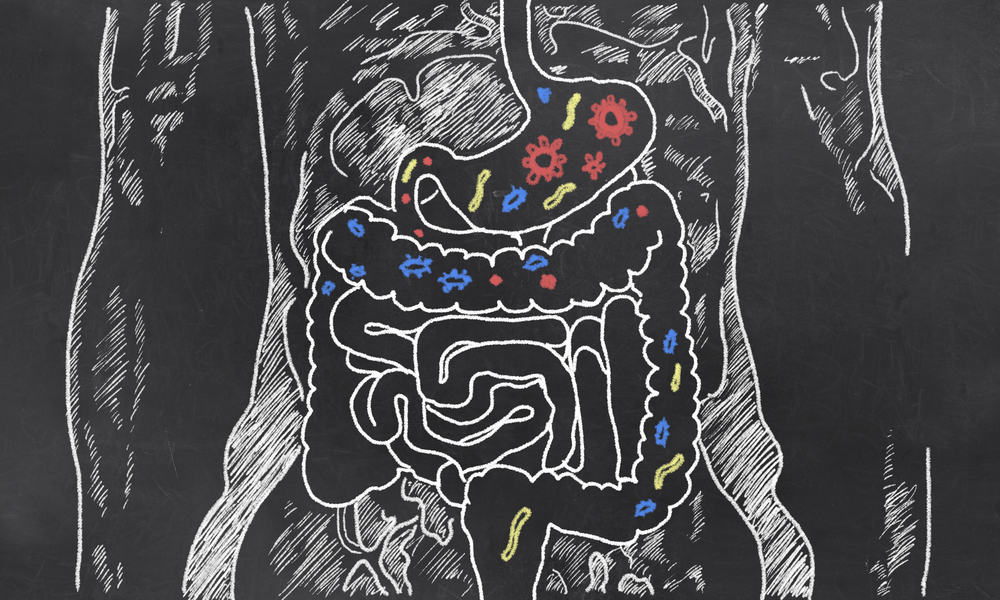Contents:
Medical Video: Science Explains How Much Sleep You Need Depending on Your Age
When a couple breaks their hearts or has a big fight with their parents, the world feels collapsed. Crying should be good for you - making us feel better because the tears rinse the toxins that accumulate during your stress. And in the end, crying can improve your mood by releasing the happiness hormone.
But you should not cry until you fall asleep, let alone sleep when you are emotionally burning if you do not want your emotions to harden and become resentful. Why?
Sleep makes it difficult for the brain to forget things that don't want to be remembered
Normally, sleep helps us to rearrange the information we get during the day and store it in memory. This process is referred to as consolidation, aka memory strengthening.
Well, the research team from Beijing Normal University found that sleeping during emotion turned out to change the way the brain works in storing negative memories, so even after waking up these emotions were still crusty in the heart that made you even more angry through the day. And it turns out, this finding is more clearly seen in men.
The researcher conducted a series of extensive research on 73 male college students. First, participants were asked to memorize a number of images consisting of pairs of neutral images and horrible images, such as photographs of corpses, children crying, and bodies full of bleeding wounds. In this way, people learn to associate each face with annoying images. After break for a while, they were shown a collection of neutral face images and were asked to bury a bad memory of the horrible images that had been previously paired.
The researchers repeated the task of suppressing this memory the next day, after participants got enough sleep at night, and found that sleeping during emotions strengthened bad memories which made it harder for participants to forget negative memories, which might not want to be remembered.
Sleep when emotions change the way the brain stores memory
The ability to bury negative memories is the main key and an important part of mental well-being. By processing information and storing it in the long run, this helps us to learn from mistakes and avoid being trapped too long in remorse. Because, in a conscious state, the brain can suppress memory actively by trying to forget it at that time so that it is less likely to remember memory that is annoying.
When people try to suppress bad memories, there is an increase in blood flow to the hippocampus - the area of the brain associated with the formation of new memory. But after seeing the MRI scan results from the participants, researchers found that after sleeping during emotions, blood flow activity actually turned towards the neocortex, the outer region of the brain associated with sensory perception and the conscious mind. Blood flow to the neocortex triggers the brain to confuse the emotional side and the value of raw information from that memory.
Researchers say the findings show that bad memories have been rearranged to move from temporary areas in the hippocampus to the long-term storage base in the cortex, which makes bad memories more difficult to forget after waking up late at night enveloped in negative feelings.
So, what if you feel upset, angry, or upset at night?
The results showed that if you want to sleep well and wake up early with a lighter heart, you should try to finish the argument before going to bed and don't sleep when the heart is still hot, said study co-author Yunzhe Liu, Ph.D. student in neuroscience at University College London, reported from Live Science.












